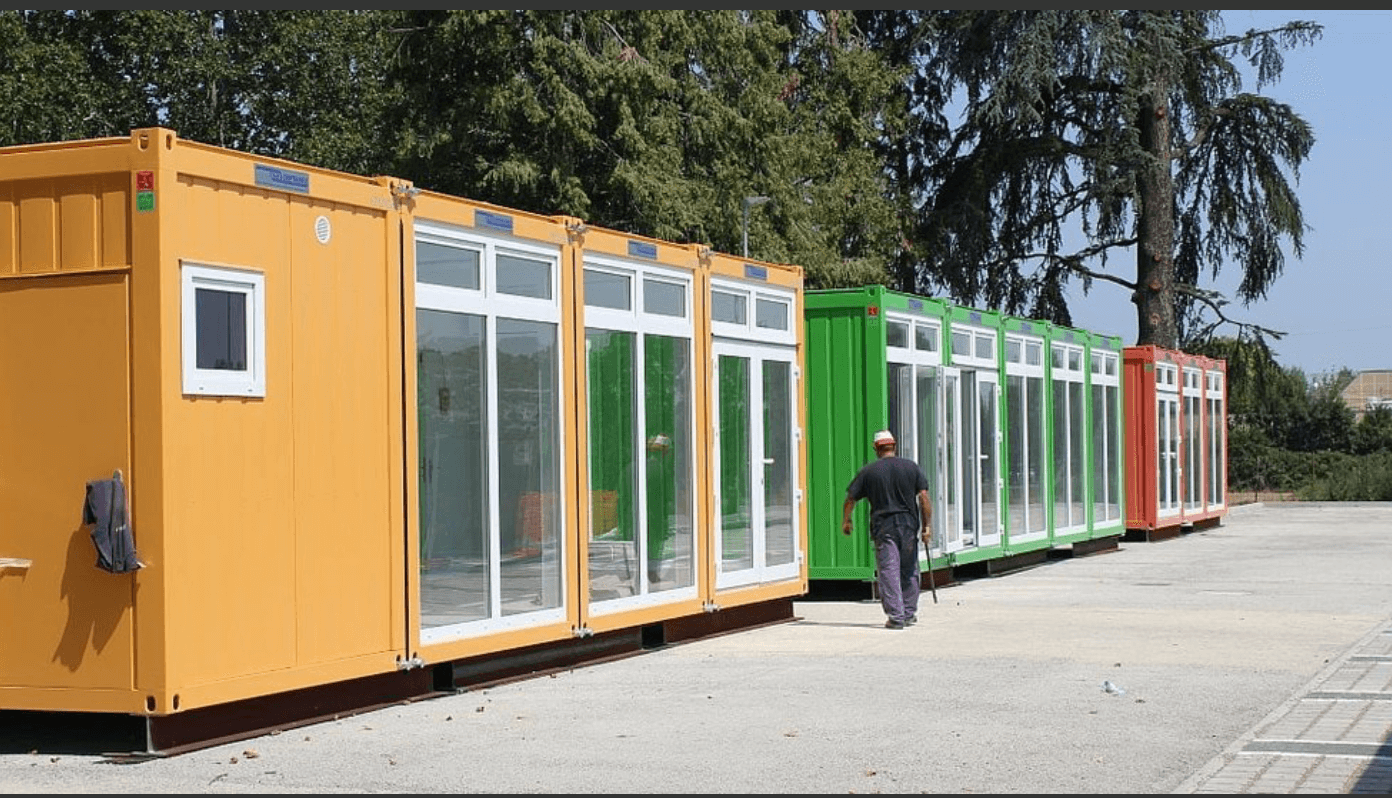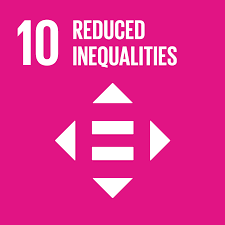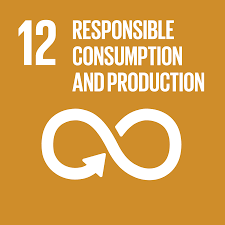The action and its aims
The objective is to enhance community well-being through a generative welfare approach, primarily aimed at the integration of migrants and refugees, with one of the goals being changing people’s perception of refugees. An integrated community space has been created where refugees and locals live together and develop projects such as an urban garden, a restaurant and farmers market. Part of the project is the development of an urban food system adopting a public-private governance model. In this collaborative effort a variety of stakeholders, academics, the local business community and residents collaborate to provide an innovative service to the city, with a primary focus on promoting sustainable food and the integration of vulnerable groups.
When it was introduced
The Project started in 2018 with the identification of the site and erecting and repurposing the derelict old hospital site. It opened in January 2021.
Why it was needed
Bologna is home to almost 2,000 refugees, many of whom are long-term residents in the city. Since 2005, over 30% of families in the city have been dependent on social services and in 2015, Bologna recorded an unemployment rate of 24%. Addressing these trends necessitated a fresh systemic and structural approach that actively involved the third sector and civil society to encourage integration, employment opportunities and cultural inclusivity. The project endeavors to move beyond the short term approach to refugees and explore fresh, sustainable solutions that encourage integration and economic inclusion.
Who initiated it, who is involved
This project was initiated by the City of Bologna and with support of the European Commission.
Impacts to date
In 2021, Salus Space had 42 inhabitants of which 69% were migrants. The project has created jobs, activities and workshops for residents and the local community. In addition to serving as a co-living space, Salus Space also offers training and development opportunities, including involvement in urban gardening and participation in a farmers market. To date nearly 3000 local citizens have been involved in the Salus Space project.
More information can be found on their website.



